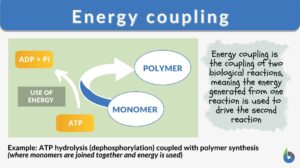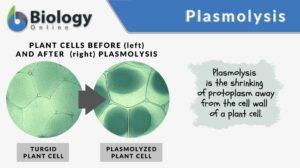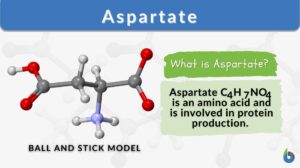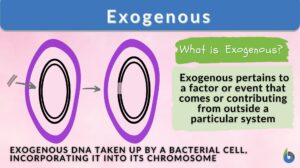Search Results for: reversible
Phosphorylation
Phosphorylation Definition We can define phosphorylation as a biochemical process in which a phosphate molecule is added to... Read More
Dehydration reaction
What is dehydration synthesis? A dehydration reaction is a form of biochemical reaction wherein a water molecule is lost or... Read More
Glycolysis
What is Glycolysis and Why is it Important? Glycolysis is a metabolic pathway by which the 6-carbon molecule of glucose is... Read More
Energy coupling
What is Energy Coupling? Work, whether it be physical or biological, requires energy to be expended. In biological... Read More
Plasmolysis
Plasmolysis is the shrinking of protoplasm away from the cell wall of a plant or bacterium. The protoplasmic shrinking is... Read More
Homeostatic Mechanisms and Cellular Communication
Homeostasis is the relatively stable conditions of the internal environment that result from compensatory regulatory... Read More
Protein Activity and Cellular Metabolism
Protein Binding Sites The ability of various molecules and ions to bind to specific sites on the protein surface forms the... Read More
Erythrocyte
Erythrocyte Definition Erythrocytes (red blood cells or RBCs) are the myeloid series of specialized cells that play an... Read More
Gap 0 phase
Definition noun The phase in the cell cycle wherein the cell is in inactive or non-cycling state following cell... Read More
Dynamic equilibrium
Definition noun A system in a steady state since forward reaction and backward reaction occur at the same... Read More
Trypomastigote
Definition noun, plural: trypomastigotes (protistology) The developmental stage or the morphological form in the lifecycle... Read More
Monosaccharide
Monosaccharide Definition In biology and biochemistry, a monosaccharide is a simple sugar that constitutes the building... Read More
Golgi apparatus
Golgi Apparatus Definition The Golgi apparatus is a membrane-bound organelle in eukaryotic cells. It plays a crucial role... Read More
Phosphatase
phosphatase (Science: enzyme) That hydrolyse phosphomonoesters. Acid phosphatases are specific for the single charged... Read More
Undulating membrane
Definition noun A sinuous extension of the cytoplasmic membrane performing a vigorous, wavelike, and reversible... Read More
Anaesthetic
Definition noun, plural: anesthetics (pharmacology) A drug or an agent that is used to produce temporary and partial loss of... Read More
Equilibrium
Equilibrium Definition In Biology Equilibrium refers to the state of balance and stability. In biology, equilibrium is... Read More
Circulation
Blood Blood is composed of a liquid, plasma, and blood cells such as erythrocytes (red blood cells,) leukocytes (white... Read More





















